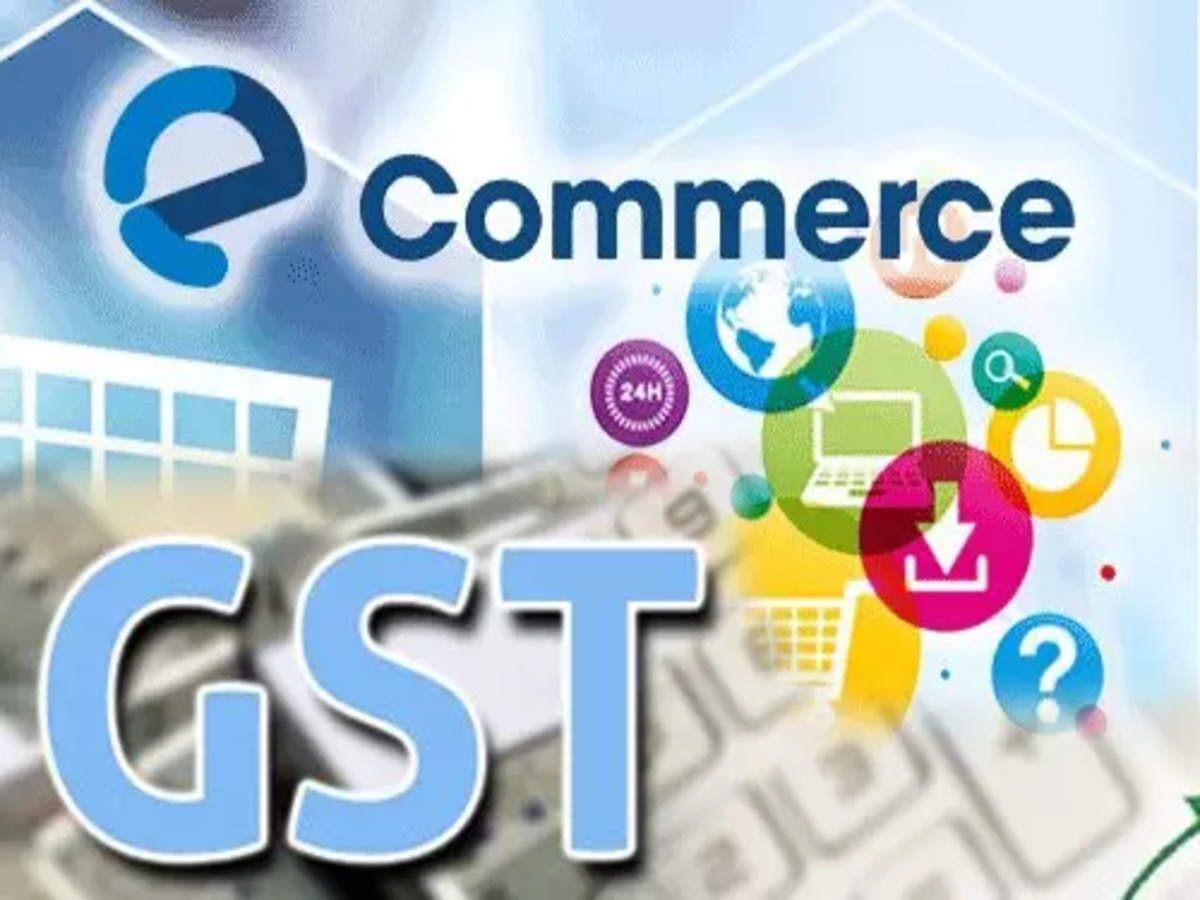
In a roundtable discussion organized by MSME representative body FISME, various stakeholders, including MSMEs, tax experts, and members of Parliament, emphasized the need for measures to simplify the Goods and Services Tax (GST) regime for e-commerce MSMEs. Concerns were raised regarding the challenges faced by MSMEs, particularly in obtaining multiple registrations in different states, updating GST certificates for additional premises, and dealing with the 1% Tax Collected at Source (TCS) monitoring mechanism.
Proposal for Single Home State PPOB Model
Stakeholders, including experts and industry associations, suggested adopting a single home state Principal Place of Business (PPOB) model in GST regulations. This model aims to enhance operational flexibility for sellers, streamline MSMEs’ expansion through e-commerce, safeguard state GST revenue, and maintain transparent audit trails.
Addressing Registration Challenges
MSMEs highlighted challenges such as the waiting period for Additional Place of Business (APOB) registration and the need for physical offices in every state of operation. They proposed an API-based APOB registration system by e-commerce operators, reducing time for inventory placement and eliminating repeated verification.
Working Capital Efficiency and TCS Concerns
The stakeholders called for permitting digital B2C transaction invoices to reduce working capital inefficiencies and suggested reducing the TCS rate to 0.1% cumulatively. They emphasized the importance of automation for cash balance refunds within T+3/5 days and comprehensive training for tax officers to understand the nuances of the modern e-commerce business model.
Advocating for MSMEs in Parliament
Rajendra Agrawal, Member of Parliament, assured that the issues discussed, including the hurdles faced by MSME sellers, would be shared with the relevant ministry and officials for resolution. He emphasized the crucial role of MSMEs in achieving the vision of Atmanirbhar Bharat and urged them to present their case, enabling parliamentary advocacy for addressing their concerns.
![]()




